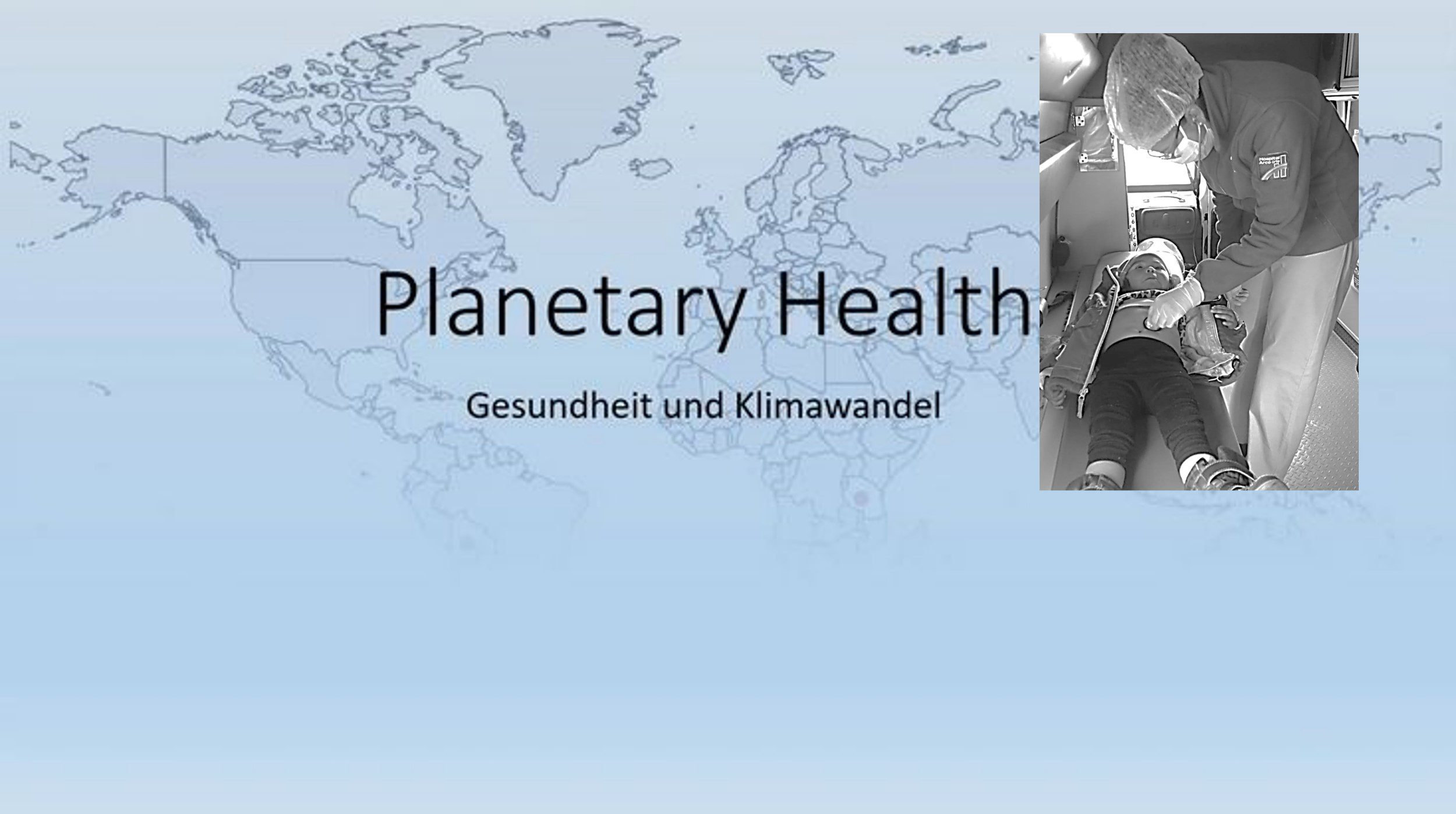Our last article in the Planetary Health series dealt with nutrition and, to a certain extent, intestinal diseases. A distinction must be made between acute diseases - such as cholera - and chronic diseases. The latter have increased significantly in recent years due to various environmental factors. It is interesting to note that the increase to date has mainly been seen in industrialized countries.
Recently, however, there has been a trend reversal here: More and more cases of chronic intestinal diseases are being reported from developing countries, whereas in Germany, for example, there is a slight downward trend.
What could be the reason for this? Experts believe that three important factors play a role here:
- The so-called hygiene theory
- Air pollution
- The eating habits
The hygiene theory addresses the issue that the intestinal flora definitely benefits when we have to deal with one or two pathogens in our digestive system. People who have grown up in the countryside and have come into frequent contact with dirt, soil etc. from an early age have a significantly better resistance than people who have had little contact with it. Of course, this does not mean that adequate hygiene is bad, but rather that excessive hygiene does not allow our body to build up its own defenses.
Der zweite Aspekt, der einen maßgeblichen Einfluss auf das Wohlbefinden unseres Darmes hat, ist die uns umgebende Luft. Studien haben gezeigt, dass vor allem Dingen die Exposition zu verschmutzter Luft in jungen Jahren (< 23 Jahre) sich negativ auf unseren Darm im Erwachsenenalter auswirkt.
When it comes to eating habits, the main problem is that many people eat quick and easy-to-prepare products or convenience foods. This behavior has become more pronounced in industrialized countries in recent years, but is currently experiencing a trend towards more conscious eating - which in most cases is also much better for the environment and climate. In contrast, the consumption of convenience foods continues to increase in many developing countries; the reason why the number of chronically ill people has also risen here recently.
However, as acute intestinal problems caused by unclean water and other infections continue to play a major role in developing countries, this trend is very worrying. This is because, in contrast to industrialized nations, there is usually a lack of sufficient specialist staff to provide care and the necessary medication. Unfortunately, prolonged diarrhea and vomiting still often end in the death of the patient.
However, we are counteracting this trend with preventative measures, such as our training courses on a balanced and healthy diet in Tanzania. We are also trying to get a better grip on infectious intestinal diseases by raising awareness of hygiene and waste management and by building new sanitary facilities.



